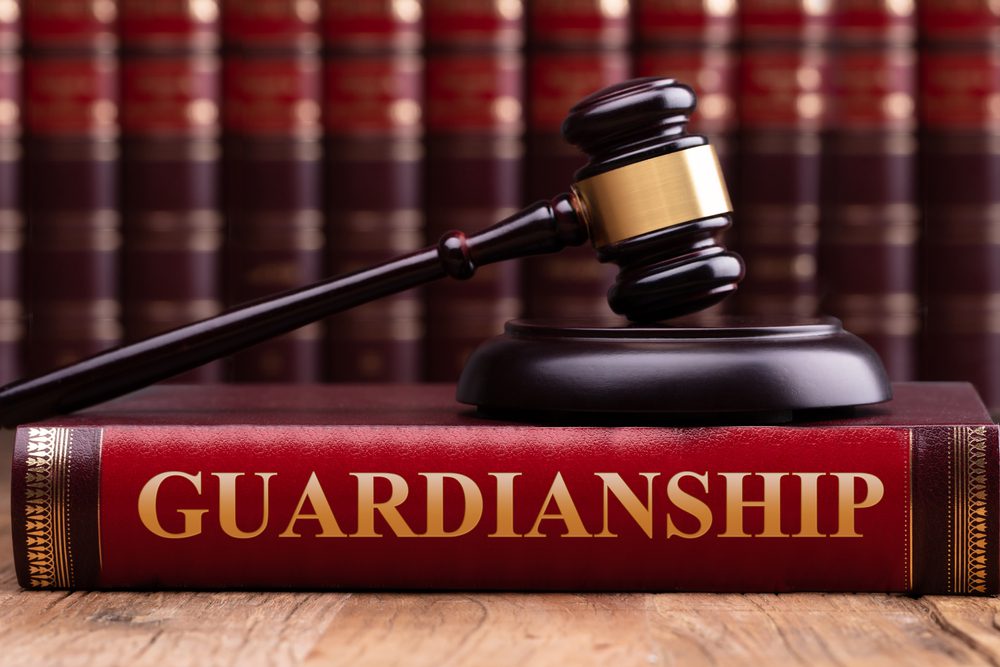A little while ago, we published a post here on the blog as part of our Complete Guide to Estate Planning series covering all of the most vital estate planning documentation you need to consider.
High on that list of essential documents is a power of attorney (POA) designation—or perhaps more than one—allowing you to designate a specific trusted individual or individuals, like family members or other loved ones, to be in charge of your affairs or help you make financial decisions, healthcare decisions, and more.
Today’s post focuses a little bit more closely on why experienced probate and estate lawyers strongly recommend setting up POA designations as part of your estate plan to be fully prepared for all eventualities as you age. In the question of guardianship vs. POA, you want to avoid your family needing to seek guardianship.




